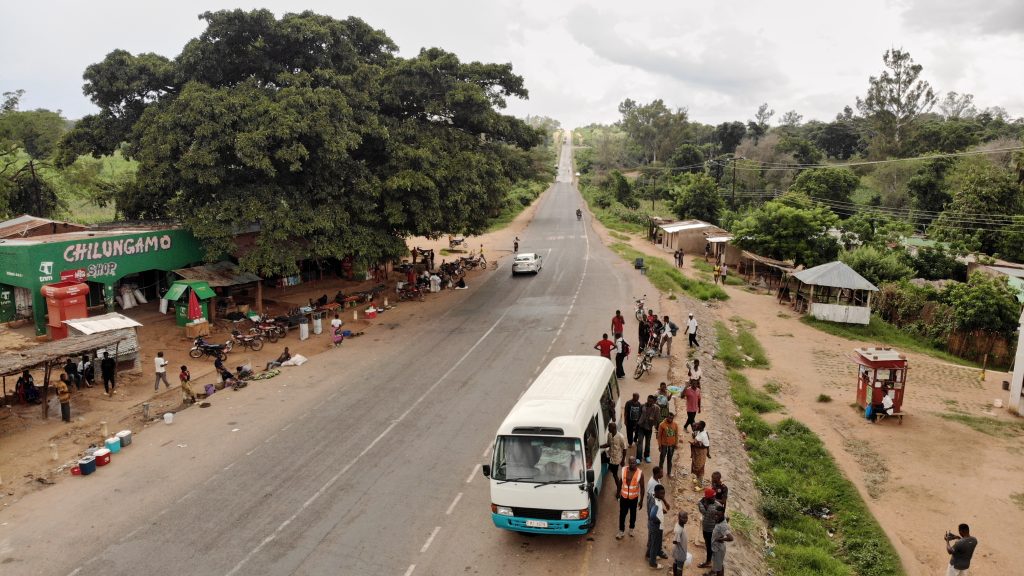The Nsipe-Chingeni-Liwonde Road project, ‑a critical infrastructure initiative, which is expected to contribute to regional integration and trade facilitation for Malawi, Mozambique, and Zambia, is significantly progressing well now that the contractor has not only moved in but also has started mobilizing.
Additionally, compensation of the project Affected people (PAPs) has been completed. This means that all 833 PAPs have been paid. “The first round of assessment that was done had identified 833 PAPs, and all these have been sorted, however, with the new designs there are possibilities of having more PAPs and these will be sorted after further assessments and verification has been concluded,” said project coordinator Patrick Kamanga.
The ADB policy on compensation ensures that when people have voluntarily been displaced, they are treated equitably and share in the benefits of the project that involves their resettlement. The policy aims to ensure that disruption to the livelihoods of people in the project area is avoided or at least minimised, and that the displaced persons receive resettlement assistance to improve their living standards.
This also provides guidance to Bank staff and borrowers, and sets up a mechanism for monitoring the performance of the resettlement programmes. Most importantly, it requires the preparation of a Resettlement Action Plan (RAP) under a development approach that addresses issues of the livelihood and living standards of the displaced persons as well as compensation for loss of assets, using a participatory approach at all stages of project design and implementation.
Kamanga further added that compensation for project affected people has been running smoothly and that there were no serious grievances that is why the process was completed within the scheduled time.
Many of those being compensated include individuals whose livelihoods depend on roadside businesses. Typical businesses along the road include small shops, food stalls, carpentry workshops and market vendors selling goods like fresh produce and second-hand clothes. The project has also affected fruit tree owners, as some trees were uprooted or became inaccessible due to construction.
Despite progress, some challenges persist. The government is working to ensure that all eligible individuals including those with undocumented claims are accounted for. For those who have not yet received compensation, authorities have assured the public of their commitment to completing the process promptly and fairly.
The Msipe-Chingeni-Liwonde Road Project is part of the Multinational Nacala Road Corridor Development Project Phase V. This phase includes the rehabilitation of a 55 km stretch of road between Nsipe and Liwonde, as well as the construction of a One-Stop Border Post (OSBP) at Chiponde, which will enhance cross-border trade between Malawi and Mozambique.

